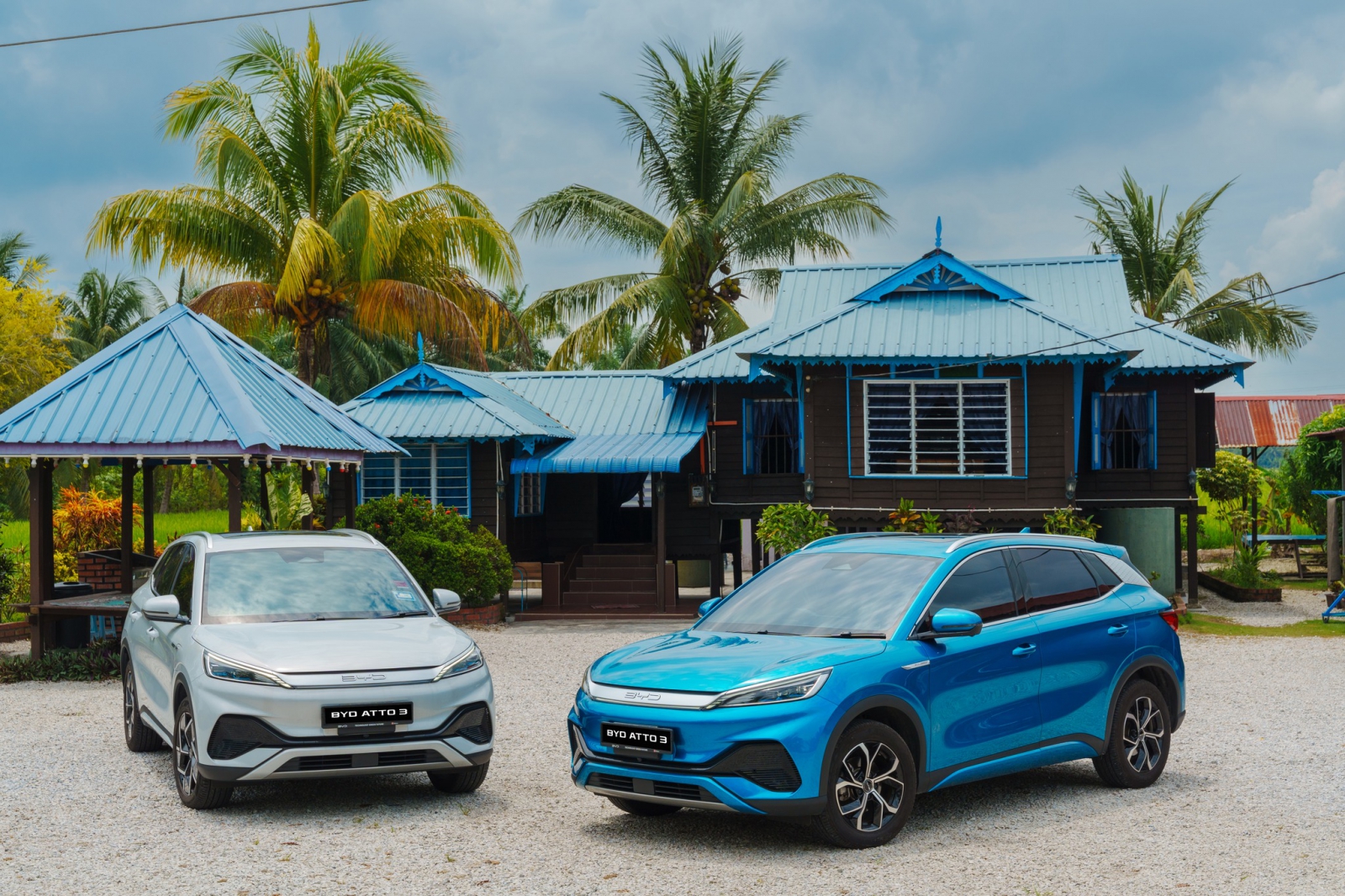
BYD introduces the Atto 3 in Malaysia this year. ASEAN is witnessing a rise in the sales of EVs. (Photo: BYD Malaysia)
As electric vehicle (EV) sales slow down in Europe and the US, the ASEAN market is experiencing notable growth. Research from Malaysian institutions highlights that favorable policies, the emergence of local brands, and investments from Chinese automakers are driving significant increases in EV adoption in Malaysia, Indonesia, and Vietnam, with Thailand also showing strong performance at the beginning of the year.
Singapore, Malaysia drive EV growth
According to a report released by Maybank Investment Bank on August 1, 2024, EV sales in ASEAN countries have seen substantial growth from a low base in the first half of this year. In Singapore, the number of electric vehicles reached 6,019 units, representing a 218% increase from the previous year and surpassing the total for 2023. Nearby Malaysia saw growth of 142%, reaching 10,663 units. Other countries like Indonesia and Vietnam have also joined the ranks of rapidly growing EV markets, while Thailand started the year strongly but is currently facing an oversupply issue.
The report reveals that the global EV market sold 6.7 million vehicles in the first two quarters of 2024, a 24% increase year-on-year. However, the growth of full electric vehicles has slowed to 13.9% annually, while plug-in hybrid vehicles performed better with a 59% annual increase. This slowdown is attributed to the cancellation of EV subsidies in Europe, a sluggish US market, and inadequate charging infrastructure.
Analysts are optimistic about the prospects for EVs in ASEAN, especially among companies involved in production, sales, and the battery value chain in collaboration with Chinese automakers. They also anticipate that additional tariffs on Chinese-made EVs imposed by Europe and the US will further impact the market.
.jpg)
ASEAN is witnessing a pick-up in electric car sales, mainly in Malaysia, Indonesia and Vietnam. (Photo: iStock)
Southeast Asia becomes a safe haven for Chinese companies
Following the US Biden administration's announcement in May 2024 to raise import tariffs on Chinese electric vehicles to 100%, the EU followed suit in July, imposing tariffs of up to 38% on BYD, Geely, and SAIC. This joint pressure from Europe and the US has prompted Chinese automakers to seek overseas markets more aggressively and establish partnerships with companies in Malaysia and Indonesia. Coupled with supportive policies from Southeast Asian countries, this has boosted overall EV sales in the ASEAN region.
To increase the EV share to 15% by 2030, Malaysia has not only removed import and sales taxes, extending the implementation period to the end of 2025 but also offers income tax deductions for individuals installing, purchasing, or leasing charging equipment. Indonesia has similarly introduced tax incentives and actively invites foreign investments, with companies such as BYD, Chery, GAC Aion from China, and VinFast from Vietnam planning or already establishing operations in Indonesia.



